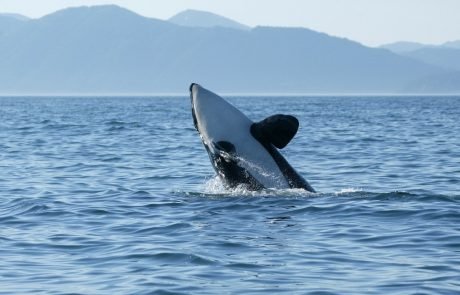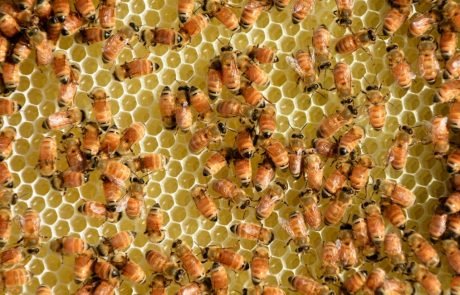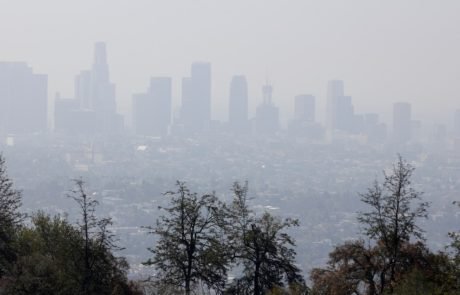The European Organization for Nuclear Research, known as CERN, has suspended an Italian theoretical physicist, Alessandro Strumia, whose research is currently funded by the University of Pisa and the European
All posts by Siobhán Dunphy
Engineering Photosynthesis: Over-expressing an enzyme in maize could lead to higher yields
A new study published on 1 October in Nature Plants has shown that boosting the content of an enzyme called Ribulose-1,5-bisphosphate carboxylase/oxygenase (Rubisco) can make maize (corn) plants more productive
Despite a ban several decades ago, a new study published on 28 September in the jounal Science suggests polychlorinated biphenyls (PCBs) may be gradually wiping out some groups of whale species.
The results of two separate clinical trials published on 26 September, one in Nature (1) and the other in Nature Medicine (1), have shown in a small number of patients
New findings published on 26 September in Nature Communications detail what the authors refer to as a “bioinspired multilegged soft millirobot.” The robot’s design allows it to adapt to harsh environments
More bad news for bees it seems. A new study published on 24 September in Proceedings of the National Academy of Sciences, a highly regarded journal, has revealed that a
A new project announced on 24 September plans to aid developing countries in gathering data on small farms in an effort to promote rural development and reduce hunger, according to
Country-level social cost of climate change: US and China among the countries most affected
A new study published on 24 September in Nature Climate Change has examined the country-level social costs of carbon (SSC). The commonly used metric of the expected economic damages from carbon
Epigenetics and IQ: the mechanism behind environmentally-induced effects on cognitive performance
A study published on 24 September in Translational Psychiatry, a peer-reviewed medical journal, suggests that environmentally-induced epigenetic changes may have an important impact on intelligence. The research, led by Dr
New research slated for publication on 15 November in Earth and Planetary Science Letters has provided evidence that Mars had enough chemical energy for microbes to survive in the subsurface









